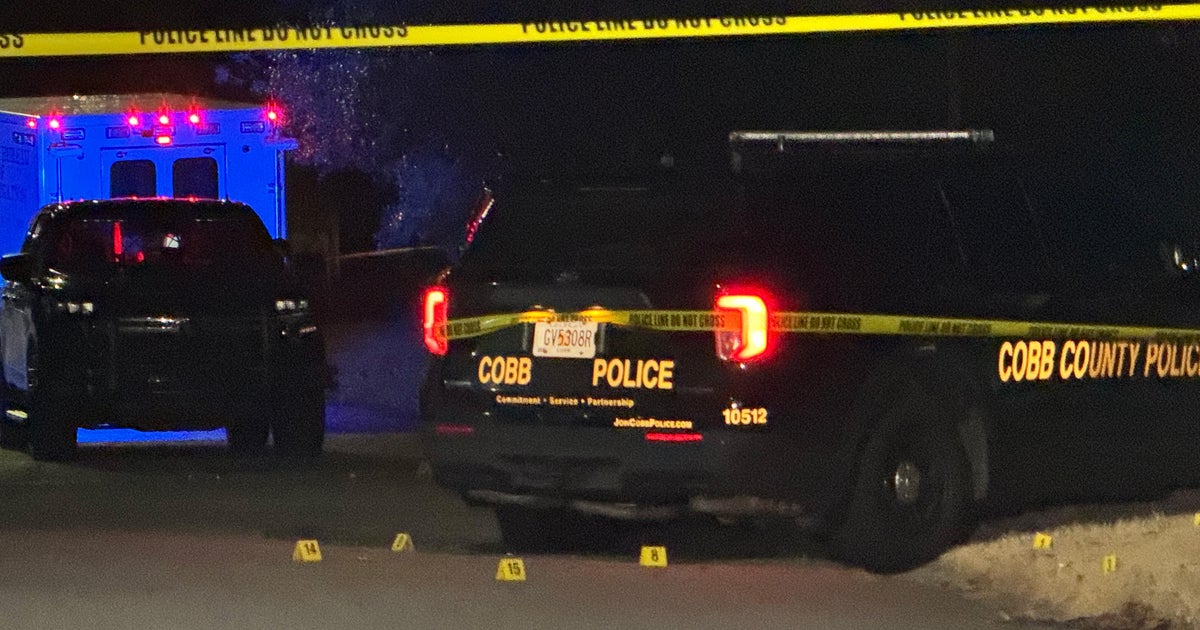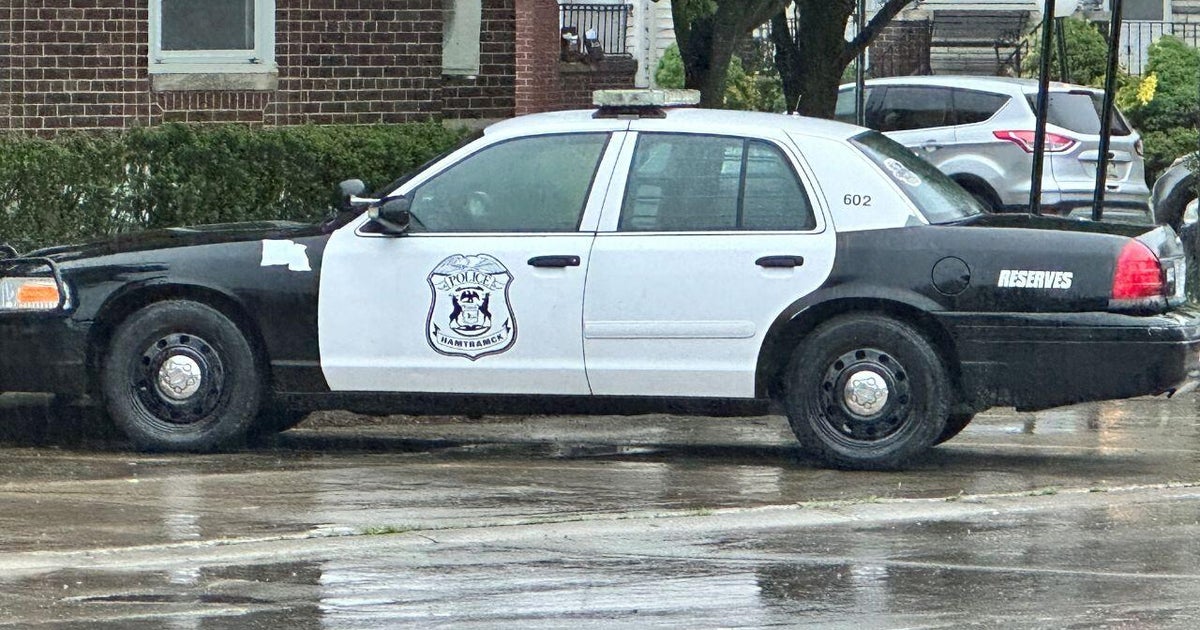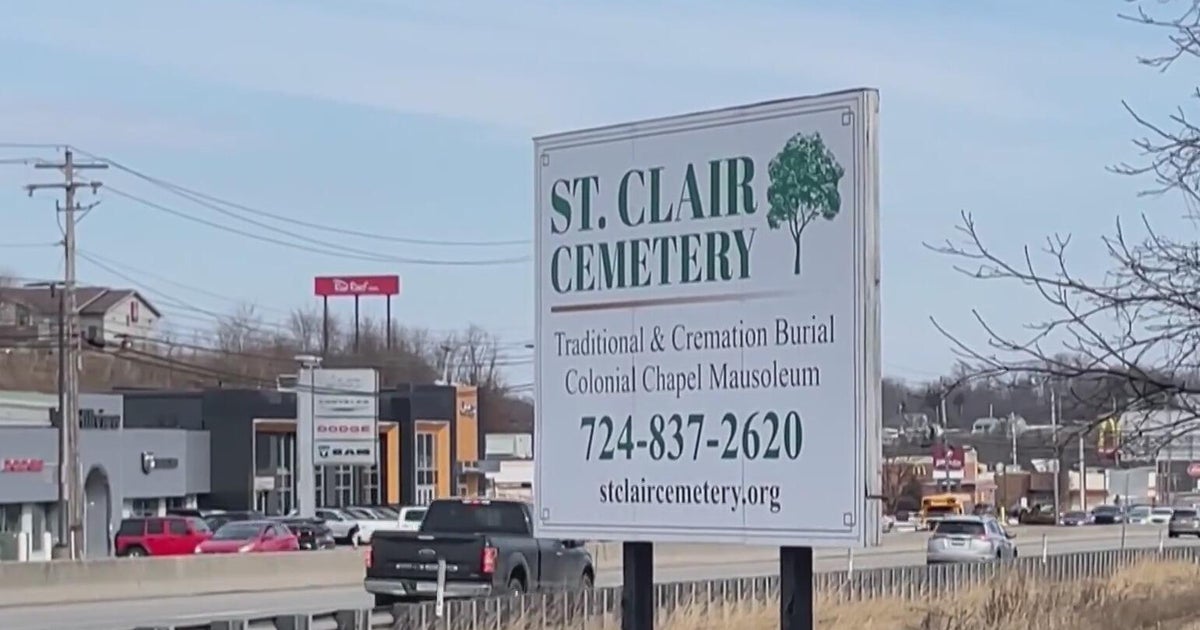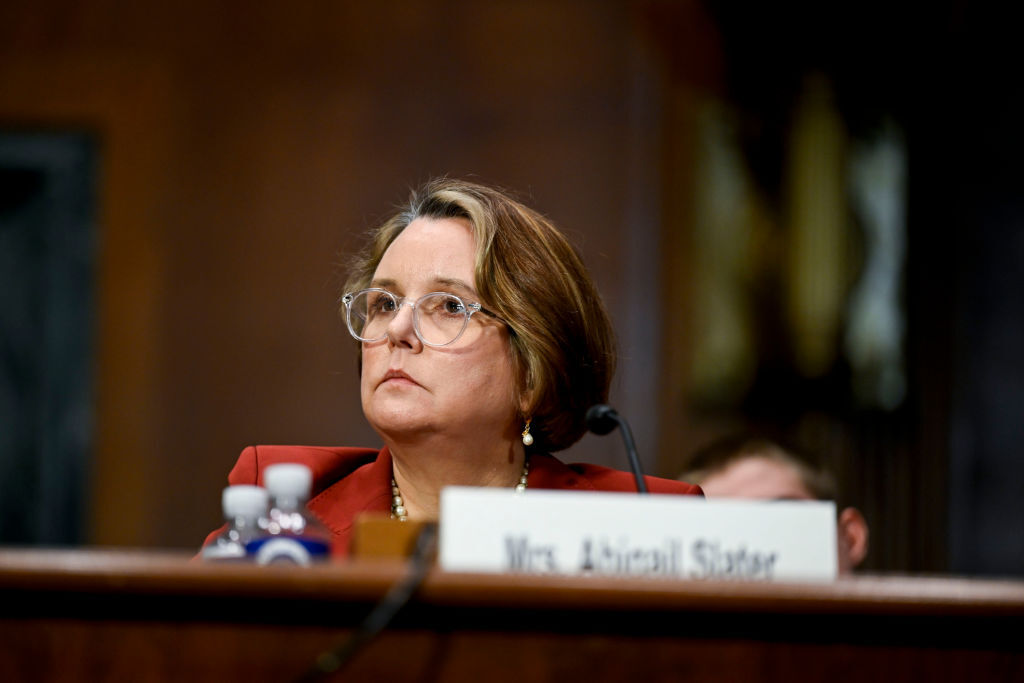Georgia police chief apologizing for agency's role in 1940 lynching
This article first appeared in The Atlanta Journal-Constitution.
LAGRANGE, Ga. -- It’s been more than 75 years since an armed posse of white men snatched Austin Callaway from the LaGrange city jail, drove through darkness to a country road and killed him with gunshots to the head, arms and hands.
There was no effort to identify his killers, no criminal investigation and no discussion by city police about their complicity in the lynching of the young African-American man. In essence, Callaway’s death was scrubbed from the city record.
Yet like so many other acts of racial terror across the South, his violent end lived in the collective memory of the local black community and contributed to its distrust of police. Now the city’s police chief is ready to offer a public apology for his agency’s role in the 1940 lynching - an extraordinary admission that is believed to be among the first of its kind.
“This was brutal,” said LaGrange Police Chief Lou Dekmar, who is white. “It represented injustice, specifically to an individual and impacted a community generally because of the apprehension it created to deal with authorities... I think an acknowledgement and apology is needed to help us understand how the past forms and impacts the present. It makes it clear what was done was wrong.”
The chief ‘s remarks will take place at a ceremony of remembrance Thursday evening that will include the city’s mayor, local NAACP, the president of LaGrange College and Callaway’s descendants.
Deborah Tatum said she hopes the ceremony will offer a chance to celebrate her relative in a way her family wasn’t able to.
“I believe in prayer,” she said. “I believe in destiny. Seventy-seven years later here we are talking about it. It couldn’t be talked about in 1940.”
The unprecedented ceremony comes as the police profession across America wrestles with its tense relationship with the black community.
In 2015 the U.S. Department of Justice launched a program to build community trust with minorities. The program, which includes a reconciliation component, is in a pilot stage in six communities across the country, including Minneapolis and Birmingham.
And last fall the head of one of the largest police groups in the country, the International Association of Chiefs of Police, acknowledged and apologized for his profession’s historical mistreatment of minority communities. That came three years after a police chief in Montgomery apologized to Rep. John Lewis for his agency’s failure to protect Freedom Riders in 1961.
Dekmar is believed to be the first police chief in the South to apologize for his department’s role in the legacy of lynchings that claimed more than 4,000 black lives across the region between 1877 and 1950.
“It’s important for those agencies, those institutions that have been responsible for some very bad things that have never been acknowledged,” said David Harris, a law professor at the University of Pittsburgh School of Law who has studied racial profiling by police.
Police often played a role in lynchings across the region, even if they weren’t directly involved in carrying out the violence, said E.M. Beck, a University of Georgia sociology professor who is an expert in the history of lynching in America. Law enforcement routinely let lynch mobs take a person from their custody and after the person was killed there was often little effort to investigate or determine who carried out the violence.
He said he’s not familiar with another instance of a law enforcement chief going back into this history to admit the role their own agency played.
“It’s very significant,” said Beck. “There’s an acknowledgement that justice was not done.”
In Callaway’s case, little was known in LaGrange about the incident.
“A lot of this history of Austin was hidden,” said Ernest Ward, a local educator and president of the Troup County NAACP. “People didn’t want it to be told.”
That started to change the past few years. Dekmar, who has been the city’s chief for 22 years, had never heard about the lynching until a couple years ago. Two older black women were in the police department and a detective overheard them commenting on a black-and-white photo on the wall that showed officers from long ago.
One of the women said: “They killed our people.”
When the chief heard this story, he found there was no record in the police department about the case. What he learned disturbed him.
The city was also in the process of trying to improve race relations. Eventually, after further research and conversations with Ward at the NAACP and leaders in the city government, Dekmar believed it was important to publicly acknowledge and apologize for his agency’s part in the lynching.
“The nature of apologies is to acknowledge when something in the past was done that was wrong,” he said.
Callaway, whose age was believed to be about 18 at the time of the lynching, had been accused of assaulting a white woman on Sept. 7, 1940, a Saturday. He was arrested and taken to the city jail, which at the time was in the basement of what today is city hall in this town about 67 miles southwest of Atlanta.
Early Sunday morning, the police had been dispatched to a fire across town. A young 20-year-old man was left behind to man the jail. About 2 a.m., a group of six armed white men showed up and overwhelmed the young man. The posse, who reportedly were masked, took Callaway and drove to a country road miles outside of town.
A motorist discovered him in the road five hours later. He was unconscious and bleeding from his wounds.
The police complicity in the lynching was suspicious from the start, said Wesley Edwards, co-founder of a biracial community group, Troup Together. The police didn’t order an immediate search for Callaway and there’s no record of an investigation - or even a coroner’s inquest. There was no outcry from the white community, he said.
“It was really swept aside,” he said. “The whole matter was silenced.”
A hero of the story was a local pastor, the Rev. Louie W. Strickland, who in 1940 tried to draw attention to the case. His former church, Warren Temple United Methodist Church, will be the site of a lynching memorial expected to be created later this year and it will host Thursday’s service of reconciliation and remembrance.
Descendants of Callaway who still live in LaGrange will be at the event.
Tatum, 59, still lives in LaGrange and her husband is retired from the city police department. She grew up in the same neighborhood where Callaway was living at the time he was killed, but it was only a few years ago that she learned about the violent chapter in her family’s history.
She thinks the city’s effort to reconcile its past wrongs is a good thing and hopes the attention will help bring forth additional information. She said adults in the black community often shielded their children from this violent history; it wasn’t taught in the local schools and much about the case remains a mystery.
“Seventy-seven years later and here we are talking about Austin,” she said.



